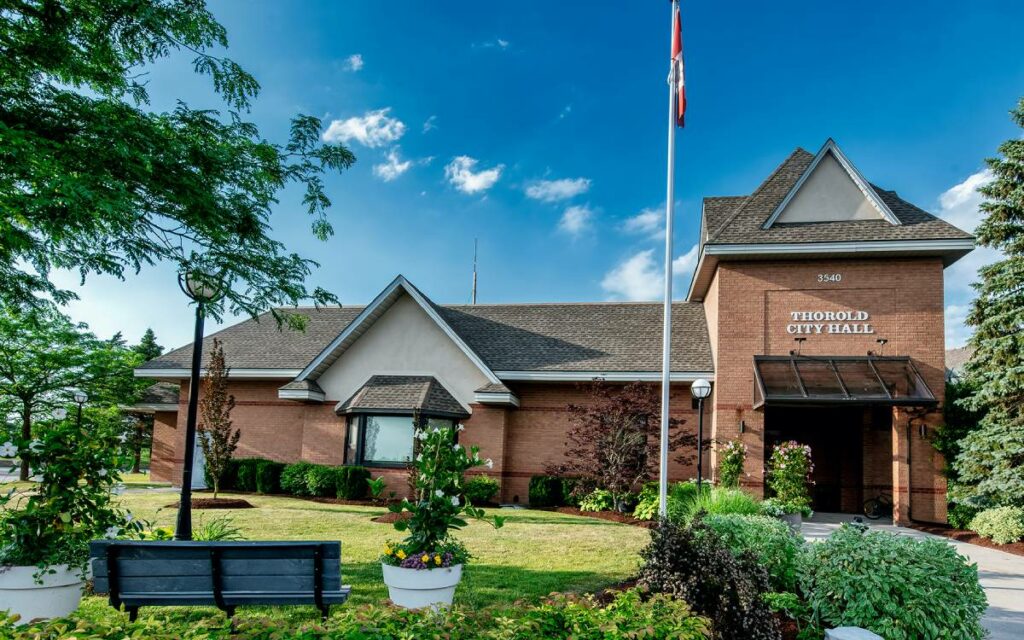
Photo credit: City of Thorold
On June 7, the City of Thorold took a giant step forward in dealing with a problem that has affected the region for years. A unanimous vote towards a state of emergency was called for mental health, homelessness, and addiction.
“There is a mental health, homelessness and addictions crisis in Niagara which has been accentuated by the pandemic. By having all levels of government work collectively with our community partners, we can affect the necessary change that is so desperately needed in our region,” said Mayor of Thorold Terry Uguili.
“By declaring a state of emergency on mental health, homelessness and addictions, we are showing our support for city groups like One Thorold, who have been heavily focused on this initiative for some time. We are hopeful our motion will kick-start the process of having other municipalities in our region get on board in order to move forward together to affect positive change.”
Since the start of the pandemic, Niagara has seen an increase in opioid related overdoses, hospitalizations, and deaths, and the numbers are not coming down.
The problem is made worse by a lack of resources for centres that aim to help the region’s most vulnerable. The hope is that a state of emergency can help remedy this. Talia Storm, Director of StreetWorks Harm Reduction Services, provided insight on the matter.
“With COVID-19 causing additional stressors in everyone’s life, we do know that some people returned to active substance use after being abstinent for periods of time. With tolerance lowered paired with a toxic street supply of substances, this creates an increased risk of overdose,” Storm told The Niagara Independent.
Preventative measures have focused on Naloxone kits, which can be obtained at local pharmacies and found at eligible community-based organizations. An emergency medication, not an antidote, Naloxone reverses the effects of an overdose from opioids and can keep a person alive until emergency personnel arrive.
“Treating the overdose crisis as a health issue, not a criminal issue will help, and it is imperative that we address the toxic street supply of substances and shift towards the provision of safer supply programs,” added Storm.
British Columbia recently decriminalized opioids, and Storm hopes that this could have a positive outcome.
“The critical piece is that these decisions need to be made in partnership with people who use substances to ensure the model is effective as possible. We will certainly be watching and learning from the British Columbia model as it unfolds.”
At the root of the call for the state of emergency is community activist and Welland resident Steven Soos, who has tirelessly worked for the past three years to achieve the outcome that was passed Tuesday night.
“I felt so supported because everyone stood by me for three years. I’ve never cried tears of joy,” said Soos. “I dedicate this win to Peter Kormos, who fought at the region for a better deal for the residents. Now we can challenge the province to do more.”
Soos, alongside Niagara Falls council member Wayne Campbell and other regional council members, have aimed to change the roots of a problem that needed addressing for quite some time.
According to Soos, he has lived through unimaginable struggles and prevailed so that others don’t have to go through his experiences. He believes the state of emergency along with openly talking about the issue could help end the stigma and bring about real change.




















